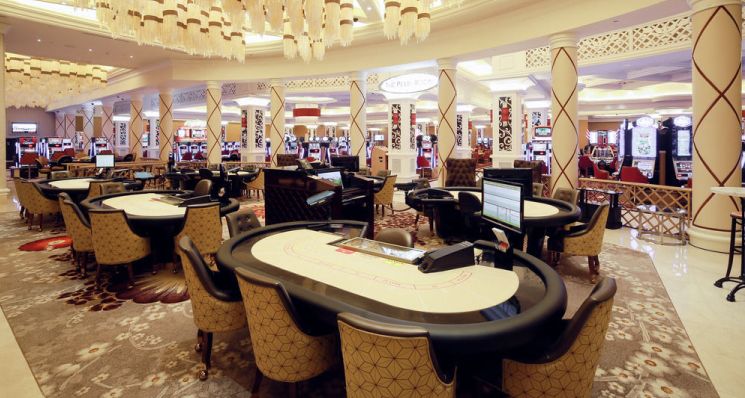Vietnam saw a new draft decree promoted in June that many expected would allow Viet citizens to gamble in at least one of the country’s casinos on a trial basis. Currently, only non-citizens and citizens with foreign passports are allowed into any of the more than 30 slot clubs and casinos for any purpose other than employment.
In a statement that surprised potential investors and analysts alike, a senior official from the Ministry of Finance has reportedly said, “We are continuing to study and gauge the social impacts of letting Vietnamese punters into casinos. We want to report to the higher-ups about the ramifications this could have such as organized crime, gambling addictions, money laundering and other illicit activities,” according to vnexpress.net. However, unless widely substantiated, it’s wise to take some reports out of the country with a grain of salt as many have been subsequently debunked.
There are many who protest the casino ban on locals stating that it encourages locals to cross the border and go and gamble at the casinos in neighboring Cambodia, Macau and Hong Kong.
Augustine Ha Ton Vinh, an academic with solid credentials in Vietnam, has researched the Vietnamese gambling industry and believes the country is losing as much as $800 million each year in gambling tax revenues due to flight-of-capital across the borders. There are a number of foreign casino operators who are interested in the Asian casino industry but have concerns when it comes to venturing into the Vietnamese market.
In addition to the limited market of players, an operator who wants to apply for a Vietnamese casino license must have a minimum of 10 years experience in the industry, be willing to make an investment of more than $2 billion to $4 billion, and develop an integrated casino resort which also has luxury hotels, shopping malls, restaurants and a number of entertainment facilities.



